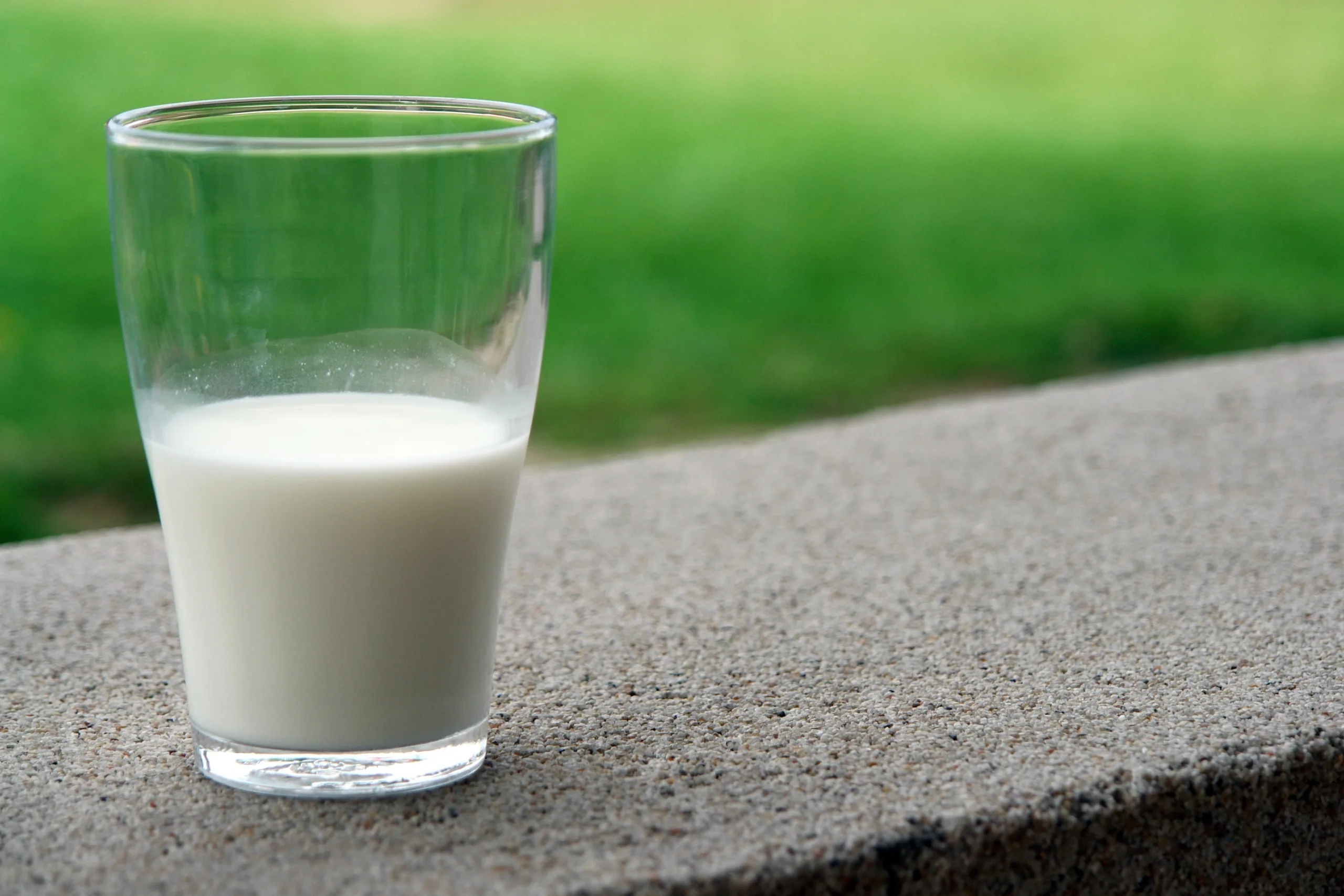Dairy products like milk, cheese, and yogurt have long been dietary staples for many. Packed with important nutrients like protein, vitamins and minerals, dairy can be a nutritious addition to a healthy diet. But when it comes to weight loss, the influence of dairy on our waistlines has been conflicting. Can dairy products help or hinder your weight loss goals? Let’s unravel the science and dynamics behind the relationship between dairy and weight management.
First, it helps to understand what dairy products are. Dairy foods come from milk produced by cows, goats, sheep and other mammals. Common dairy items include milk, yogurt, cheese, butter, ice cream, kefir and whey protein powders. Dairy provides a natural package of essential nutrients like calcium, vitamin D, magnesium, potassium and protein that benefit health and fitness. At the same time, dairy is often a source of fat and calories in the diet, so intake needs to be balanced.
For individuals looking to slim down or maintain a healthy weight, understanding the potential upsides and downsides of dairy is key. This article will break down the nutritional benefits, weight loss connections, controversies and practical tips related to incorporating dairy foods into a balanced, weight conscious diet.
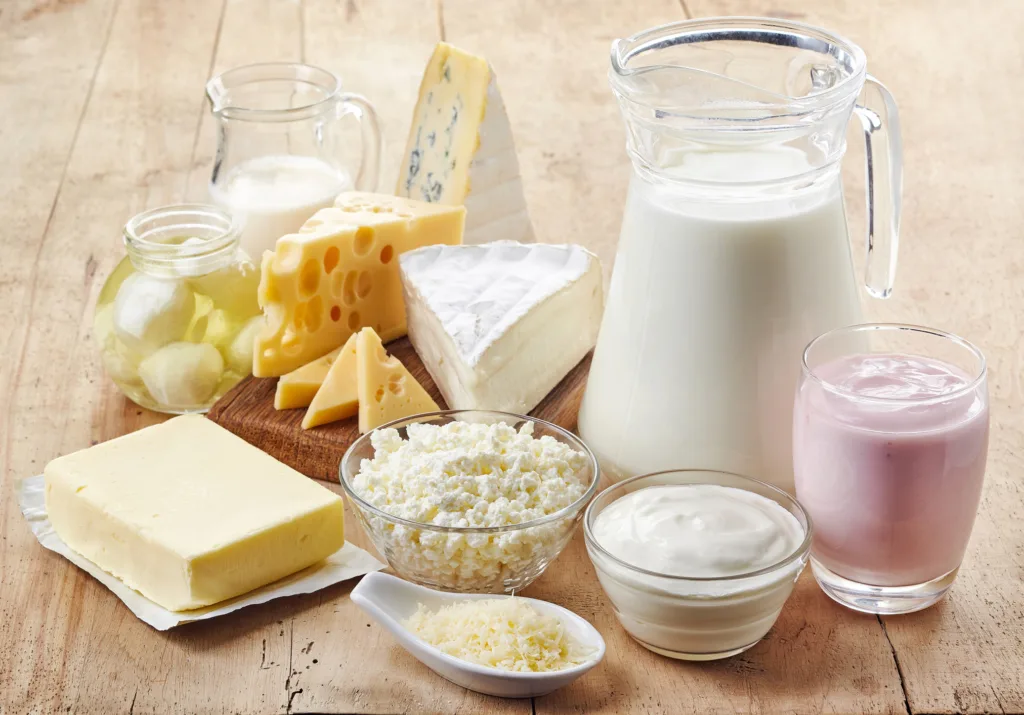
Types of Dairy Products
Milk
Milk is one of the most popular dairy products, prized for its blend of nutrients. Cow’s milk comes in whole, reduced fat and fat free varieties. Whole milk contains around 8g of fat per cup while 2% milk has 5g and fat free has 0g. The lower fat options provide the same amounts of protein, calcium and other nutrients as whole milk with less fat and calories. This makes fat free or low fat milk smart choices for weight management.
Yogurt
Another go-to dairy food is yogurt. Yogurt provides protein, calcium, probiotics and other nutrients in just one convenient serving. Regular or Greek yogurts come in whole milk, 2%, 1% and fat free forms, with Greek yogurts having more protein. Probiotic yogurt can benefit digestive and gut health. For calories and fat control, low fat or fat free yogurts are recommended. Yogurt also comes in drinkable and frozen varieties.
Cheese
From cheddar and mozzarella to feta and cottage cheese, cheese packs a big taste and nutritional punch. Cheese tends to be higher in fat since part of the milk fat remains in the curds. To limit fat and calories, reduced fat or part-skim cheeses are ideal options for dieting. Hard cheeses usually contain less fat than soft cheeses too. Tracking portion sizes of cheese is also key for weight management.
Nutritional Benefits
Protein Content in Dairy
Dairy products supply high-quality protein to build lean muscle and keep you feeling satisfied. Protein is an important nutrient for fat loss and metabolism. Milk, Greek yogurt and cheese also provide complete proteins with all the essential amino acids. Whey and casein, the two proteins in dairy, are efficiently absorbed and utilized by the body.
Calcium for Weight Management
In addition to strong bones, the calcium in dairy foods like yogurt and cheese may also give your weight loss efforts a boost. Studies suggest calcium can modestly increase fat breakdown in cells and curb appetite. This mineral may also limit how much fat the body absorbs and stores. When cutting calories for weight loss, calcium-rich dairy products can help prevent excessive loss of bone density too.
Other Essential Nutrients
Beyond protein and calcium, dairy products provide other key nutrients tied to better health and body weight. Milk, yogurt and cheese are some of the best sources of vitamin B12 for energy and mood. They also supply vitamin D, phosphorus, magnesium, zinc and vitamin A. Low fat dairy options allow you to get these essentials without unwanted extra calories or fat.
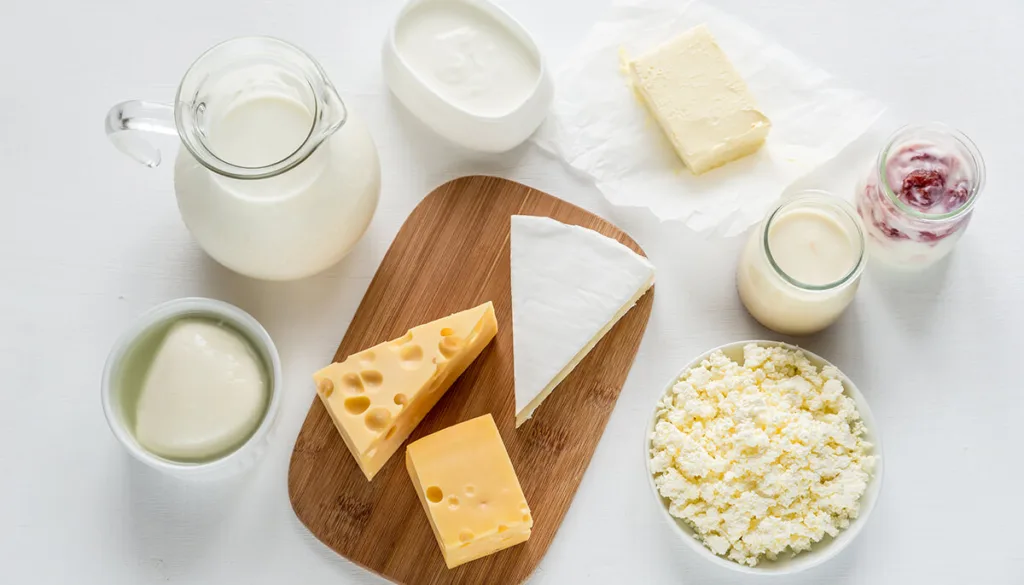
The Weight Loss Connection
Dairy and Satiety
The protein, fat and nutrients in dairy foods like cheese, yogurt and milk can promote satiety and fullness. Studies indicate that dairy increases levels of appetite-suppressing hormones like GLP-1 and PYY which may help you eat fewer calories throughout the day. The combination of protein, calcium and probiotics in dairy boost its benefits for controlling hunger and cravings.
Metabolism and Dairy
Not only does dairy increase satiety, but studies also link dairy consumption to faster fat burning. Whey protein may be particularly effective for building muscle and boosting metabolism. Additionally, the calcium and vitamin D in dairy can aid in the breakdown of body fat stores. For improving metabolic rate and shedding more pounds, low or fat free dairy products are advised.
Casein and Whey Proteins
The proteins casein and whey found naturally in dairy foods may also promote fat loss. Whey and casein provide amino acids that both stimulate muscle protein synthesis and help reduce appetite. Casein forms curds in the stomach slowing digestion and prolonging satiety. For improved body composition, include cottage cheese, Greek yogurt or a whey protein shake in your routine.
Dairy as a Snack
When hunger hits between meals, dairy products make smart lower-calorie snacks. Yogurt, cheese sticks, cottage cheese and milk are portable, tasty and nutritious. Choosing dairy foods over higher calorie chips, cookies or fast food for snacking can contribute to a calorie deficit for weight loss. Just watch portion sizes with snacks like cheese.
The Controversy
Lactose Intolerance
Some people don’t produce enough lactase enzyme to properly digest lactose, the natural sugar in dairy foods. This causes uncomfortable symptoms like gas, cramping and bloating. Lactose intolerance can deter people from eating dairy, but many lactose-free milk and yogurt alternatives exist like Lactaid. Hard cheeses are also typically low in lactose.
Dairy Allergies
While less common, some individuals are allergic to proteins like casein in dairy products. Allergy symptoms, especially in children, can include skin reactions, gastrointestinal issues or even anaphylaxis. For those with a true dairy allergy, avoiding dairy completely is necessary. However, many people confuse lactose intolerance with an actual dairy allergy.
Dairy-Free Alternatives
For dieters avoiding dairy due to intolerance, allergies or personal preference, many substitutes are available. Nondairy milks like almond, coconut, soy or rice milk offer calcium, vitamin D and other nutrients found in dairy milk. Plant-based yogurts made from coconut or almond milk also exist. However, dairy milk has more protein, so protein supplementation may be needed if relying on plant-based alternatives.
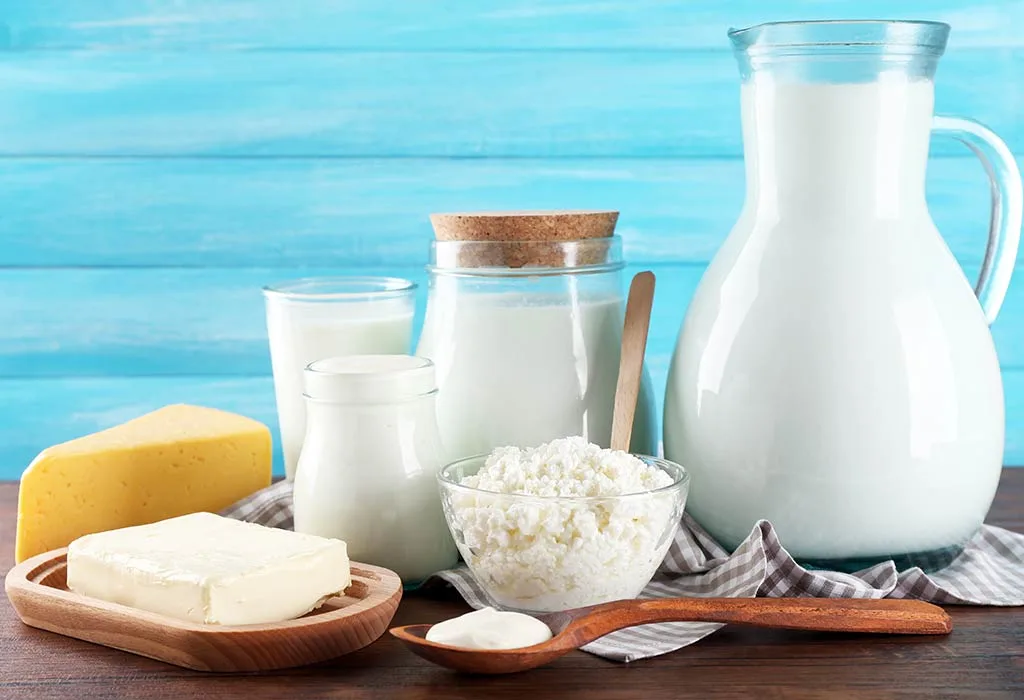
Dairy and Balanced Diet
Incorporating Dairy in Daily Meals
It’s easy to incorporate dairy products into a healthy balanced diet. Start your day with Greek yogurt topped with fruit and granola. Have a turkey sandwich paired with low-fat cheese and milk for lunch. Cheese and high-protein cottage cheese complement salads. For dinner, add a glass of milk to balance meals. Be sure to stick with low fat or nonfat versions of milk, yogurt and cheese.
Portion Control
To manage calories from dairy, keep portion sizes in check. Stick to single servings of cheeses and limit milk and yogurt to 1 to 2 cup portions daily as recommended by dietary guidelines. Measure out a 1-ounce portion of hard cheese to control portions. Be mindful of extra calories from sources like creamers, butter and cheese sauces too.
Recipes and Meal Ideas
Enjoy dairy products in healthy recipes like overnight oats with low fat milk, yogurt parfaits with fruit, or whole wheat pizzas with reduced fat mozzarella. Make smoothies with fat free milk or yogurt. Use nonfat plain Greek yogurt instead of sour cream on baked potatoes. Get creative cooking with dairy to boost nutrition without overdoing calories, fat or sugar.
Practical Tips
Smart Dairy Choices
To maximize nutrition while minimizing fat from dairy, choose nonfat, low-fat or reduced fat varieties. Stick to fat free milk, nonfat Greek yogurt, reduced fat cheese, lean cottage cheese and part skim ricotta. Compare brands and select the lowest fat options.
Reading Labels
Get in the habit of reading nutrition labels when buying dairy products. Compare fat, saturated fat, protein, sugar and calories. No matter what type of dairy you’re buying, opt for the one that is lowest in fat and calories. Brands that are fortified with extra calcium and vitamin D are ideal too.
Combining Dairy with Other Foods
Balance out high fat dairy products by pairing them with low calorie options. For example, eat regular cheese alongside whole grain crackers instead of a cheeseburger. Add a salad with fat-free dressing to pizza to increase nutrients and fiber. Combine full fat Greek yogurt with fresh berries rather than chocolate or syrup.
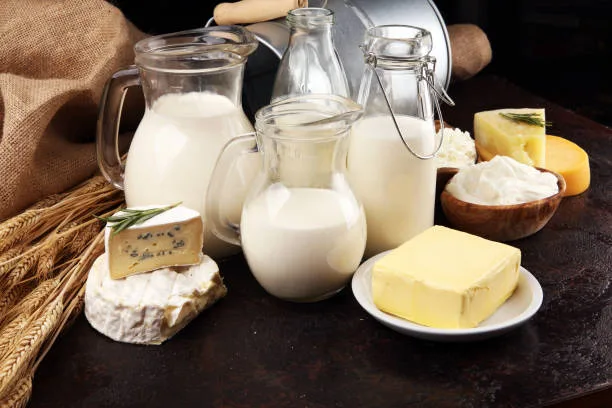
Conclusion
Dairy foods like milk, yogurt and cheese certainly have a place in a healthy diet focused on weight management. The high-quality protein, calcium and other nutrients in low fat dairy can enhance fat burning, curb appetite, protect lean muscle and improve overall nutrition. Just be mindful of portion sizes and opt for reduced fat varieties to control excess calories and fat. Avoiding saturated fat, added sugars and unhealthy add-ins is advised too.
The key is moderation and balance when incorporating dairy foods into meals and snacks. While dairy may not be a “magic bullet” for weight loss on its own, when paired with an overall healthy low calorie diet and active lifestyle, it can be a nutritional and satiating addition. With smart food choices and controlled portions, you can still achieve weight loss goals while enjoying the many benefits that nutritious dairy products offer.
Subscribe to our free newsletter for more insights on nutrition, health, and weight loss. We provide science-based advice for healthy living and weight management. You’ll also get delicious recipes, and tips to control cravings and stay motivated!
Explore our related posts on food, nutrition, health, wellness, and weight loss for more helpful information to achieve your goals. We offer practical tips and expert guidance to help you make lasting positive changes. Check out our articles on portion control, building muscle, reading nutrition labels, intermittent fasting, and more.
Thank you for reading this post, don't forget to subscribe to our free newsletter
!
